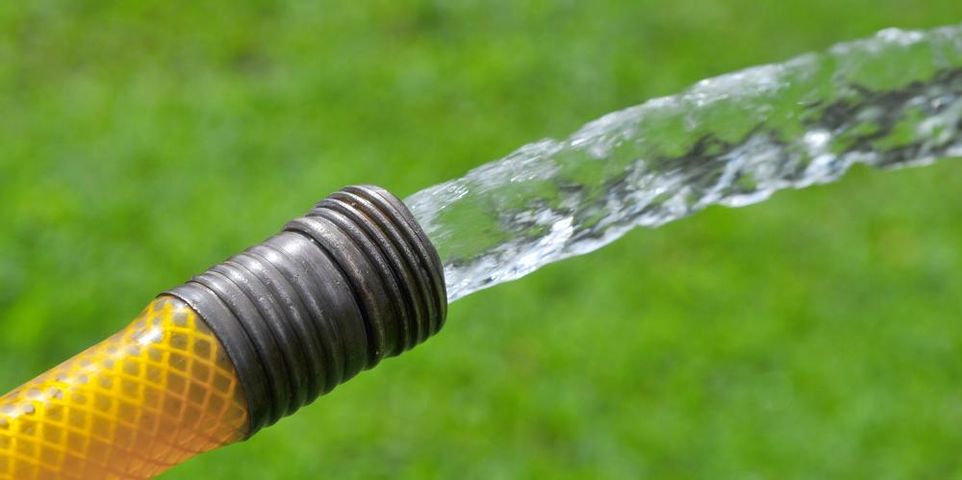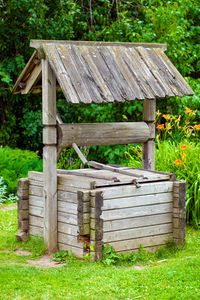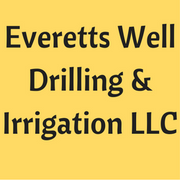What Do I Need to Install an Irrigation Well?

If you’d like to save money and enjoy a cleaner water supply, you may be interested in learning more about the benefits of installing an irrigation well. The unit is designed to harness the water from your well for a variety of different applications, including hoses and sprinkler systems. Before you get started, though, there are a few regulations your property must meet before you can install an irrigation well.
3 Things You Need Before Installing an Irrigation Well
1. Supportive Soil
A water-well drilling professional will first test your grounds to ensure the soil can support the irrigation well. They’ll do this by drilling a hole directly into the soil. Doing this also ensures there’s enough water in the area to support your needs. In some cases, they might have to dig several holes before finding a good location.
2. Pumping Unit
After finding the right spot for the well, your well-drilling contractor will then install a pump that is designed to harness the water from the ground and then deliver it to the irrigation unit. They might also add a tank, which can hold excess water.
3. Local Permit
The majority of states require a permit for a professional to install a well. Your contractor can assist in obtaining the required paperwork, which includes detailed information about the well.
Everetts Well Drilling & Irrigation is the leading source for residential and commercial well drilling in southern Georgia and northern Florida. If you’re seeking an expert to handle your property’s well drilling needs, contact them to find out how they can help. Call (229) 263-4192 to ask about installing an irrigation well or to schedule a consultation with a well-drilling contractor. You can also visit their website to view their other services.
About the Business
Have a question? Ask the experts!
Send your question

